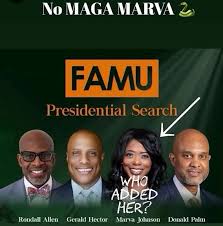BLACK ATTORNEY SUCCESSFULLY GETS THE N-WORD REMOVED FROM DICTIONARY

By: Cedric “Big CED” Thornton
After gifting his niece with a dictionary, an attorney was saddened to find out that his niece no longer wanted the gift she was given. After asking her why she wanted to give it back, she referenced the definition of a word that made her feel different. When she saw the definition of the N-word and saw what it meant, she drew it to his attention. A negro or member of any dark-skinned people; a vulgar and offensive term (See Negro).” Due to that incident, he fought and succeeded in getting the publisher to remove the word from the dictionary.
According to Black News, attorney Roy Miller, who lives in Macon, Georgia, succeeded in accomplishing a feat that started with the disappointment of his niece. Through his efforts, Miller was able to effectively petition a major dictionary, published by Funk & Wagnalls, to remove a racial epithet that is considered by some to be the most distasteful word you can say.
“When I read the definition, I was outraged. I immediately realized that the old definition that applied the N-word to any race had changed. The change only gave a description, not a definition. It merely suggested to the reader that if you don’t know what a Nigger is, just look at a Negro or dark-skinned person and you’ll find out,” Miller stated.
“This definition could never apply to an innocent Black child. The term ‘nigger’ had belittled and confused my niece, causing her to question her identity. I asked myself how Funk & Wagnalls could justify in its 1993 edition that whatever vulgar and offensive things that niggers are supposedly known to do could only apply to a Negro or dark-skinned person (including an innocent Black child).”
He penned a letter to Funk & Wagnall back on March 17, 1994, and stated his position on the removal of the word, and Leon L. Bram, vice president & editorial director, responded back in a letter that is dated March 31, 1994, stating that the word would be deleted from all forthcoming printings. “Mr. Miller, your niece is fortunate in having an uncle as concerned and caring as you.”







